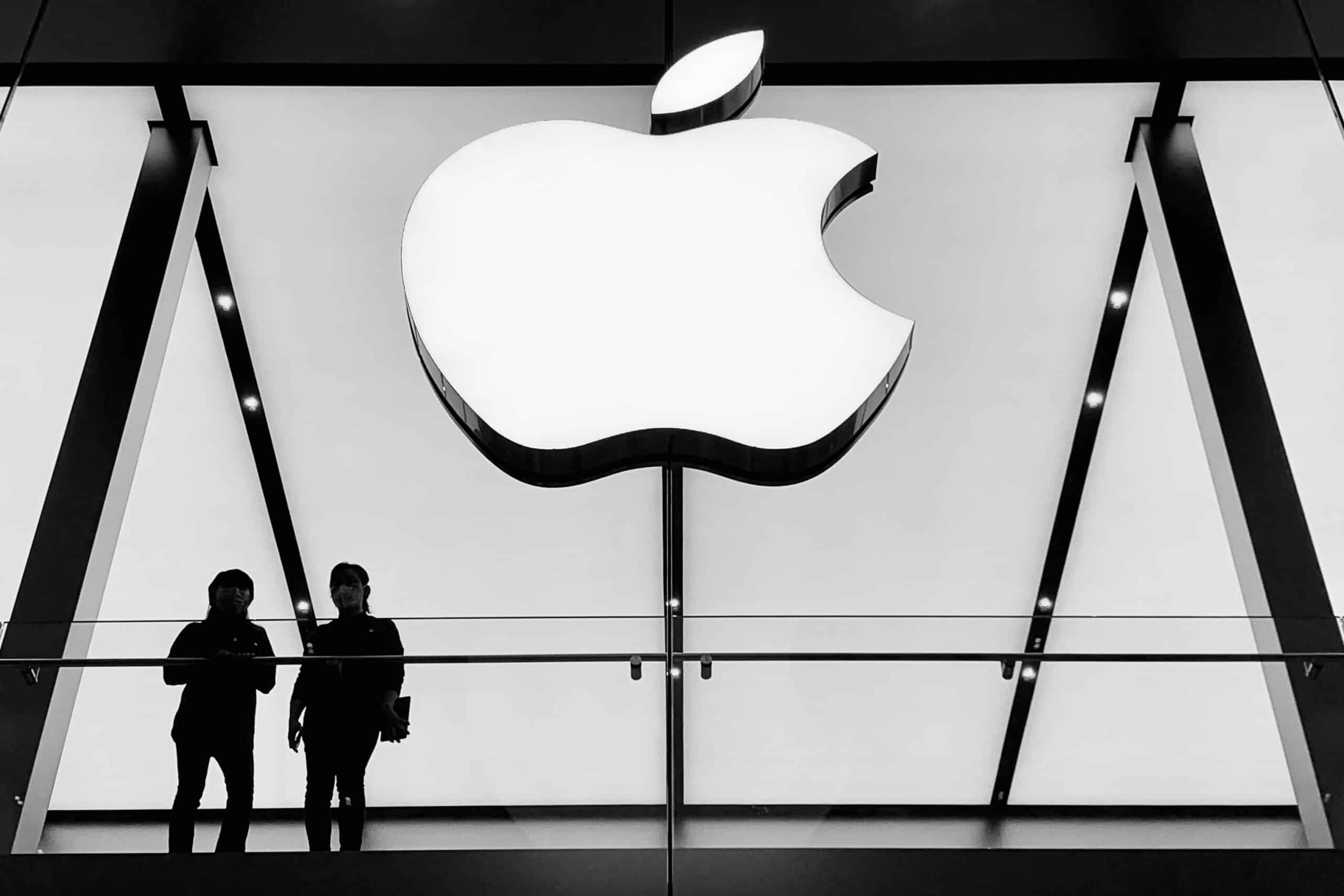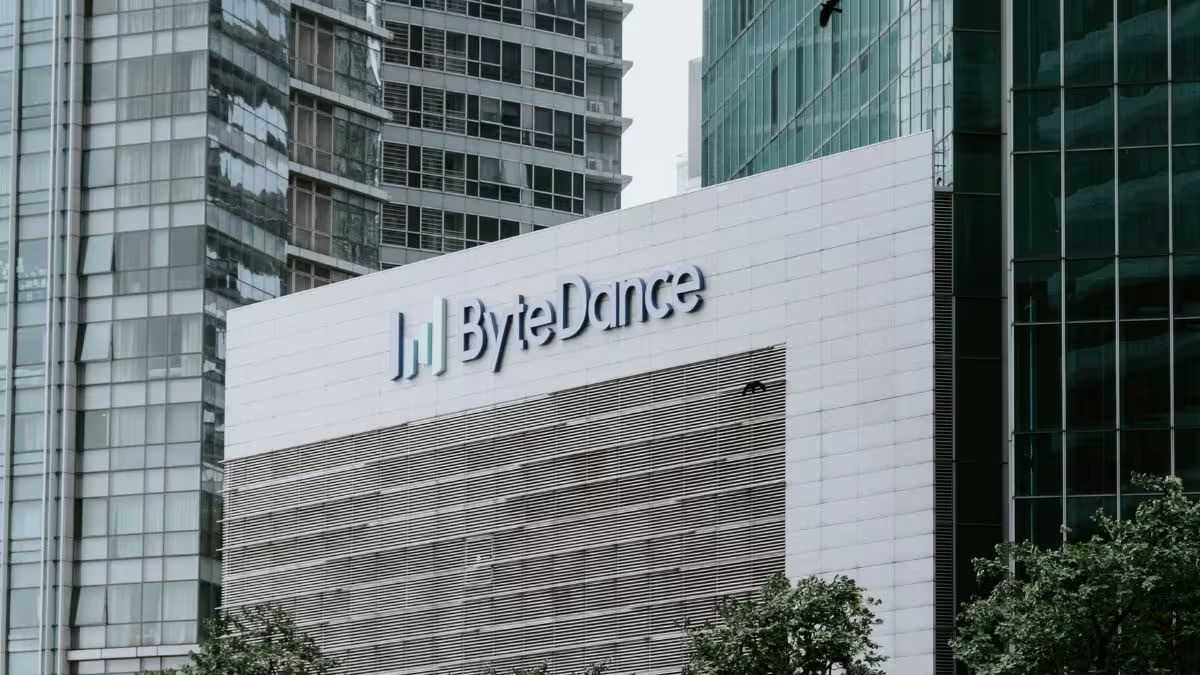Apple’s App Store guidelines violate EU tech rules by preventing developers from directing consumers to other offers, potentially leading to a large fine, EU antitrust investigators said Monday
Following an investigation initiated in March, the European Commission, which also serves as the antitrust and technology regulator of the European Union, announced that it had forwarded its preliminary findings to Apple.
The Commission’s initial accusation against Apple was the first under its groundbreaking Digital Markets Act, which aimed to limit the influence of Big Tech and guarantee a level playing field for smaller competitors. A final decision must be made by March of the following year.

Margrethe Vestager, the EU’s antitrust director, identified concerns regarding Apple’s revised terms.
“As they stand, we think that these new terms do not allow app developers to communicate freely with their end users and to conclude contracts with them,” she stated at a conference.
The Commission stated that Apple permits steering solely through “link-outs” under most business terms. This means that app developers may incorporate a link that directs the customer to a web page where they can execute a contract.
It also criticized Apple’s fees for facilitating the initial acquisition of a new consumer by developers through the App Store, arguing that they exceeded the minimum required for such compensation.
Apple stated that it had implemented numerous modifications in recent months to ensure compliance with the DMA, following feedback from the Commission and developers.
“We are confident our plan complies with the law, and estimate more than 99% of developers would pay the same or less in fees to Apple under the new business terms we created,” the organization stated in an electronic communication.
The EU executive also announced that it would investigate the iPhone manufacturer’s new contractual obligations for third-party app developers and app stores and whether they were proportionate and necessary.
DMA violations can result in penalties that exceed 10% of a company’s global annual turnover.



